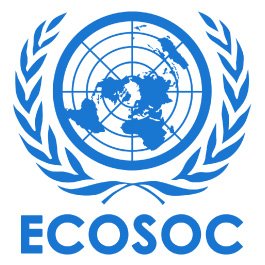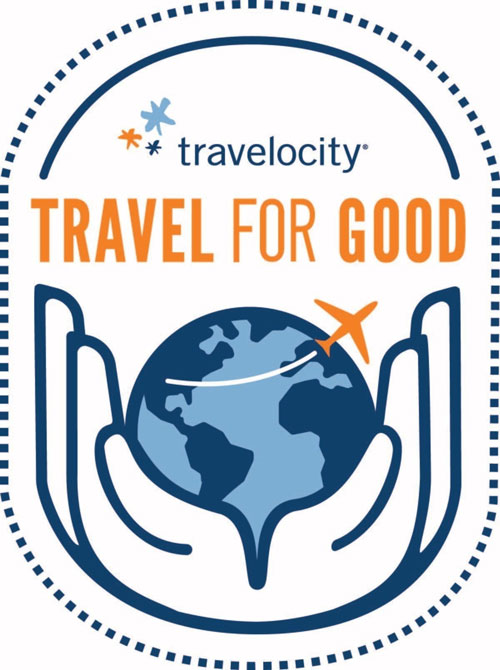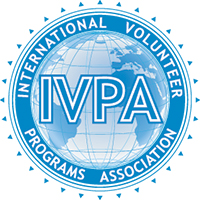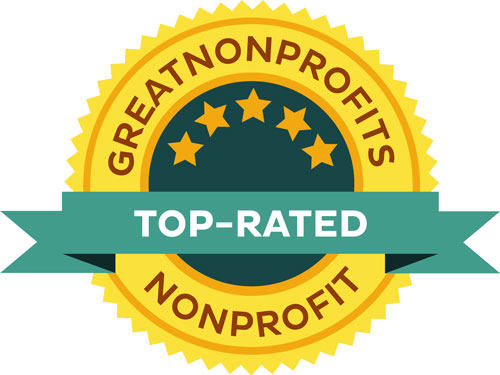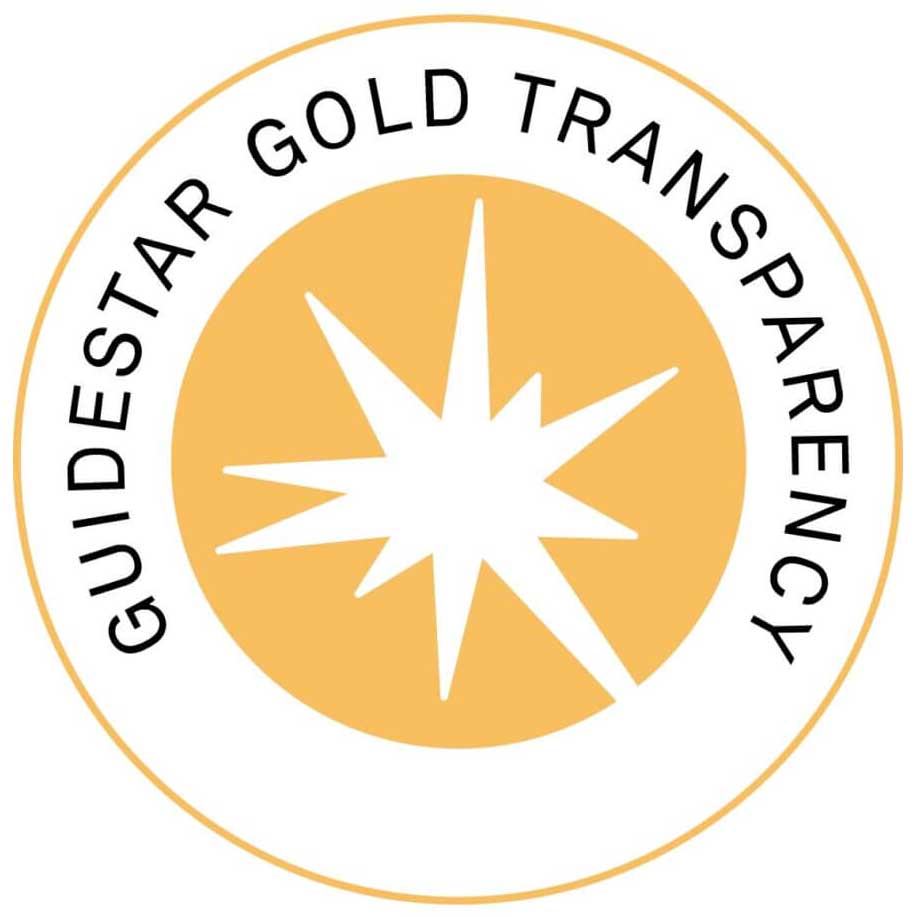Featured Articles
Featured Articles
Featured Articles
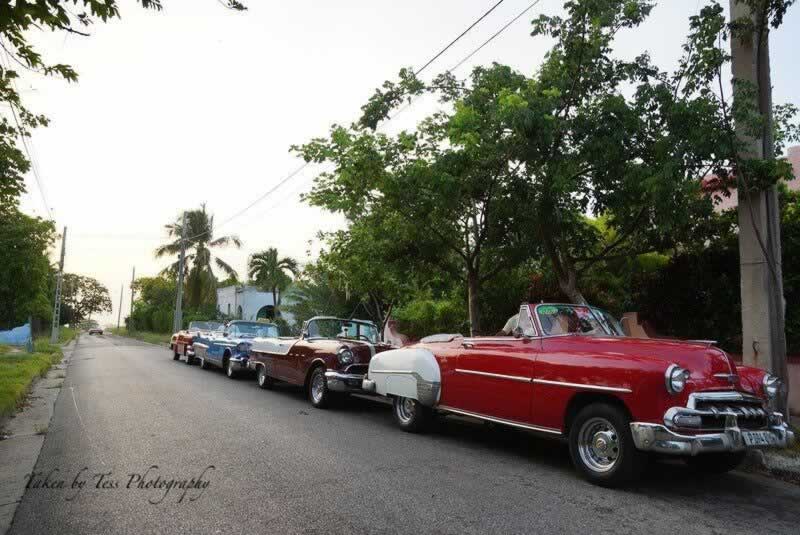
Although home to more than 11 million people, Cuban culture has been shrouded in mystery to most North Americans because of prolonged economic and political strain between the United States and Cuba. The Care for Cuba program pulls back the curtains on this Caribbean culture and gives volunteers a clear look at the beauties, struggles, and determination of the Cuban people. Cubanos are proud, educated, and often quite happy to share opinions. Isolated for years due to the “blockade” (as Cubans refer to the embargo the US imposed against the Communist state), their culture has been influenced by m cultures, none perhaps as heavily as Spain, Africa and the United States. Full of music, derelict buildings, joy and sorrow, the country offers few material pleasures but immense humanitarian rewards.
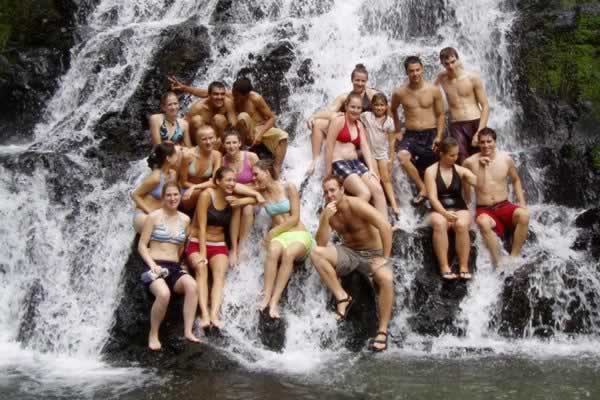
In Globe Aware’s El Sur program, volunteers have the opportunity to assist villagers whose farmland has recently been taken over to create the spectacular Carara Rainforest Reserve. The villagers hope to create sustainable community-based tourism, and Globe Aware volunteers will help by completing projects such as building suspension bridges, painting schools, constructing recycling stations, and building systems to help bring clean water into the community. For fun, volunteers can enjoy hiking in the rainforest, horseback riding, coffee tasting, and learning about cheese making and traditional sugar cane processing. Accommodations include comfortable, recently constructed cabinas with Western-style bathrooms and showers (not including heated water) and limited electricity. Take this trip to Costa Rica and join in on providing sustainability and opportunity for one of the friendliest communities you’ll ever encounter!
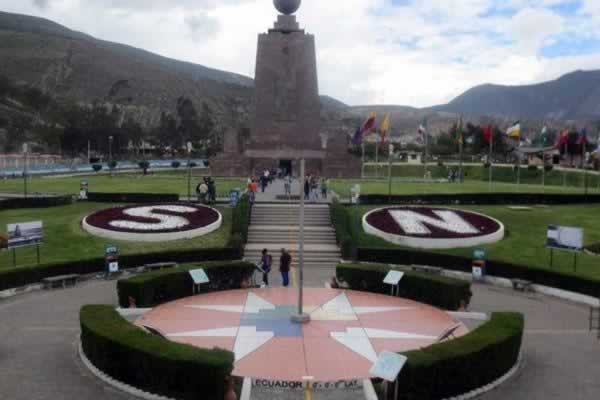
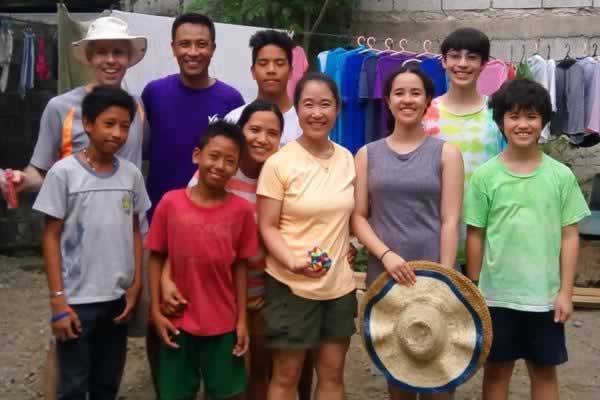
The Philippines is composed of 1,107 beautiful islands endowed with a plethora of beauty and natural resources, mega-cities, volcanoes, beaches and rice fields, but also a land of startling poverty. The culture here is incredibly unique relative to any of its closest geographic neighbors. Our program site is in the province of Nueva Ecija, about 100 miles from Manila. In 1896, Nueva Ecija became one of the first provinces to revolt against Spain, and one of the provinces who declared its independence in 1898. Poverty was the only reason why Nueva Ecija was not given recognition as a separate country from the Philippines by the King of Spain in 1840s.The people of this community are neglected and marginalized in terms of social development. As a result, they live in poverty. Women, children, and the disabled bear the effect of massive poverty, and it is to this particularly needy population that we direct our efforts.
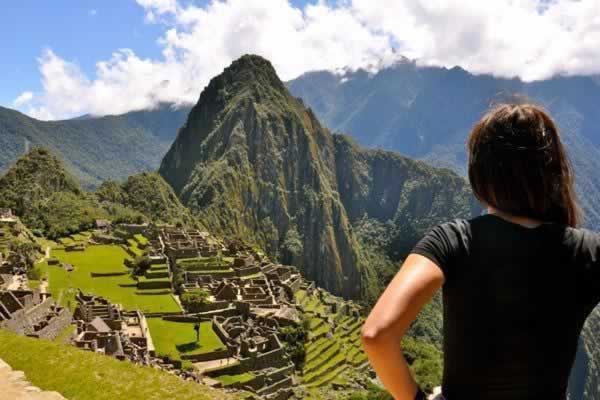
Come to Cuzco with Globe Aware and take part in providing educational opportunities for impoverished children from rural households. Service projects include improvements and maintenance to facilities through activities like painting classrooms, creating gardens, or constructing desks and beds. There is ample time to work directly with the children after they finish their school day, and you may also visit a local family to help construct a Lorena stove for household heating. Volunteer vacationers can make a scheduled excursion to Machu Picchu (at the volunteer’s expense), and to other surrounding ancient sites which are in very close proximity. Accommodations include dormitory style rooms with running water, flushing toilets, and electricity. Be ready to be dazzled by this vibrant city, the most popular destination in Peru, and to experience what was once the heart of the powerful Incan empire!
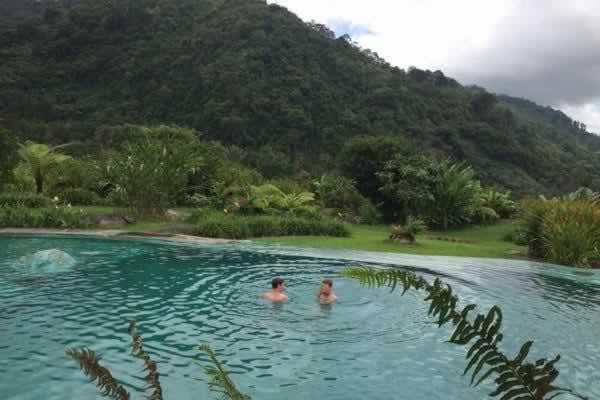
Globe Aware’s Costa Rica program takes place about an hour from the city of San Jose in the gorgeous, hidden valley of Orosi. There in Orosi, villagers of the small community of El Yaz enjoy their natural paradise, but struggle to make ends meet as their access to sustainable jobs, hot water, transportation, and proper nutrition are limited. Through this program, volunteers have the opportunity to engage in agricultural work and organic farming and gardening in order to benefit these struggling villagers. Projects often focus on permaculture, reforestation, and environmental issues. Volunteers will stay in a rented house in the midst of beautiful, lush vegetation with running hot water, flushing toilets, and electricity. Leisure activities include nature hikes, horse-back riding, and bathing in natural hot springs. Come enjoy the beauty of the Orosi Valley and help protect and preserve the paradise of the rainforest!
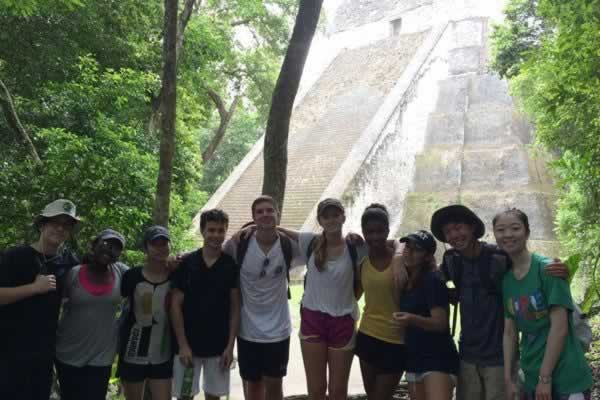
The country of Guatemala, well-known as a place of beauty and safety, warmly welcomes visitors to discover its charm and diversity amidst amazing wildlife, friendly locals, and its ancient Mayan roots. Yet even amongst the intriguing Tikal allures and the unique flora and fauna, Guatemala still remains a country with great need. Huge population growth and migration have put a strain on resources all over the country. As a result, literacy rates are among some of the lowest in the world, and poverty is prominent. Low standards of living, poor sanitation, and even limited access to clean water are all daily challenges faced by many Guatemalans. Lodging is provided in a small, rustic but very quaint hotel, accommodating two to six guests per room, depending on the size of your travel party. A single supplement can be arranged for an additional $290. All beds are covered with mosquito netting, and include a private bath with a hot shower, flushing toilets, fans, and an outdoor patio area. The hotel is located on Lake Peten Itza. Volunteers will have the wonderful opportunity to visit the world-famous Tikal National Park and Temple. Other optional leisure activities include participating in a class in tortilla making, attending a Mayan Fire Ceremony and meeting with a Mayan Spiritual Guide, taking an herb walk in the jungle, meeting with an herbalist, and taking a tour of the Aktun Kan Caves. Optional excursions, independent of Globe Aware but run by companies whose safety we have vetted, include Canopy/Zipline Tours and/or horseback riding.
Page 11 of 15
